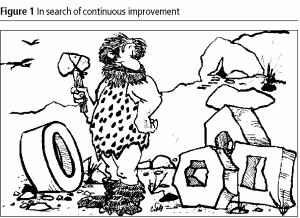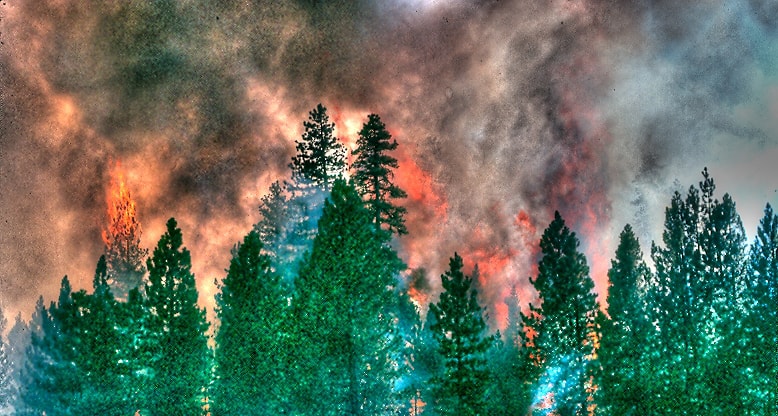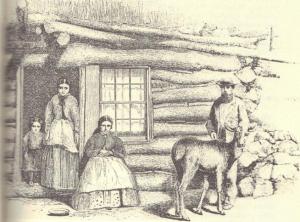
I’ve been appreciative in the last year of working with some folks at SAF whose day job is auditing forest activities. Many (all?) of those certification systems are based on the concept of continuous improvement. The people I’m thinking of bring that to their work with other organizations, and so I guess I have gotten some of that orientation as well. In addition, this is the season of Peace on Earth and Good Will toward Folks, so bringing improvement to civil dialogue seems to be an appropriate topic.
When I think about continuous improvement for our blog, I wonder if we could be more welcoming, in the sense that more folks would feel less likely to be attacked, and more comfortable sharing their opinions. I have wondered about the gender distribution here on the blog. Certainly females have been involved in natural resources for the last 50 years or so, and might have perspectives of value. Why are so few on this blog? Is it the atmosphere?
I’d like to hear directly (and if you don’t feel comfortable saying it publicly anyone interested in improvement, please send an email to “terraveritas(at)gmail.com”. You won’t hurt my feelings, so please be honest. (I had a boss once who said he thought I was doing a lousy job, but didn’t tell me because he thought it would “hurt my feelings”. Of course, getting effectively fired kind of did hurt my feelings. Another illustration of the importance of the culture of continuous improvement.)
In the widget on the right of the blog, we have these considerations:
When commenting, please consider the three doors that charitable speech must pass through. The gatekeeper at the door asks, “Is it true?” The second gatekeeper asks, “Is it helpful?” The third gatekeeper asks, “Is it kind?” (adapted from the writings of Krishnamurti by James Martin on p. 169 of this book.)
I’m beginning to think that some additional guidance for the blog might be helpful. We have kind of randomly arrived at some. I looked around on the internet but did not find very much directly related. If you know of some helpful guidance please send to me to post.
Perhaps the most important thing we can do, regardless of our favorite topics, is model respectful behavior with those whom we disagree. That’s, in my opinion, what the world needs now (in addition to “love sweet love,” as per Burt Bacharach, for those of you who are old enough to remember that song..).
I wish there were a plug-in I could run automatically to remove disrespect and snark; but there is a slippery slope and there is no such plug-in.
Anyway, here are a couple of thoughts:
1. “I disagree”.. those are powerful words. That’s all you need to say. Don’t add, “you are being …..”
2. We are all individuals. so “you protectionists” or whatever doesn’t work. Now it may make sense to say “groups that advocate protection” because that is a helpful distinction, but it is OK to ask “what groups do you mean?”.
3. If someone posts something not written by them, they are not expected to defend it. On the other hand, people can disagree with the claims made therein and provide reasons for their disagreement.
4. My dear friend, the Forest Service Eeyore, was the first one I ever heard mention the word “content-free”. You need to have something to back up a claim. Experience is fine. A logical argument based on what you have found to be facts is fine. Scientific information is fine as long as you provide the cite and the exact point that the article makes that substantiates your claim.
5. Since no one is the rule enforcement officer of this blog, each person is empowered to point out violations of this rule. Another approach is to simply not reply to someone. However, I’m not sure this is helpful in terms of the author of the comment and their opportunities to improve.
6. It would be nice to not assume the worst about other people about groups before you find out the information. Here’s an example “the Forest Service is trying to keep information from people” compared to “I would like this information, I wonder why they don’t provide it?” We don’t really understand people’s motivations, so let’s focus on their behavior (I think I heard that at a work team-building effort). Take EAJA fees. I don’t think groups do it “for the money.” But what difference does it make what their motivations are, if you find the behavior irritating or counterproductive, just say so, and the reasons for why you think that.
What do you all think? Is this setting the bar too low or too high? Do you have more suggestions or do you disagree with what’s here?



